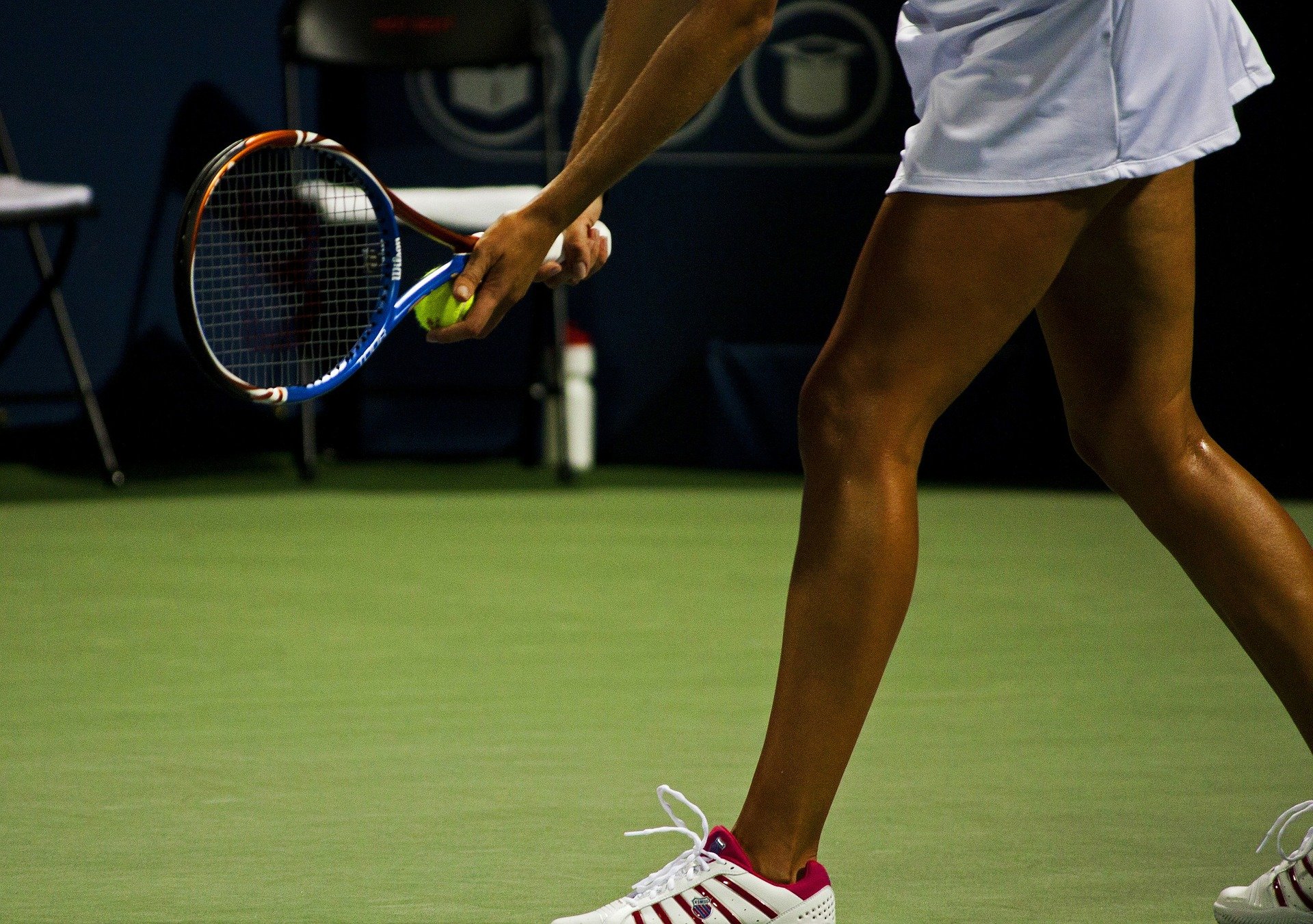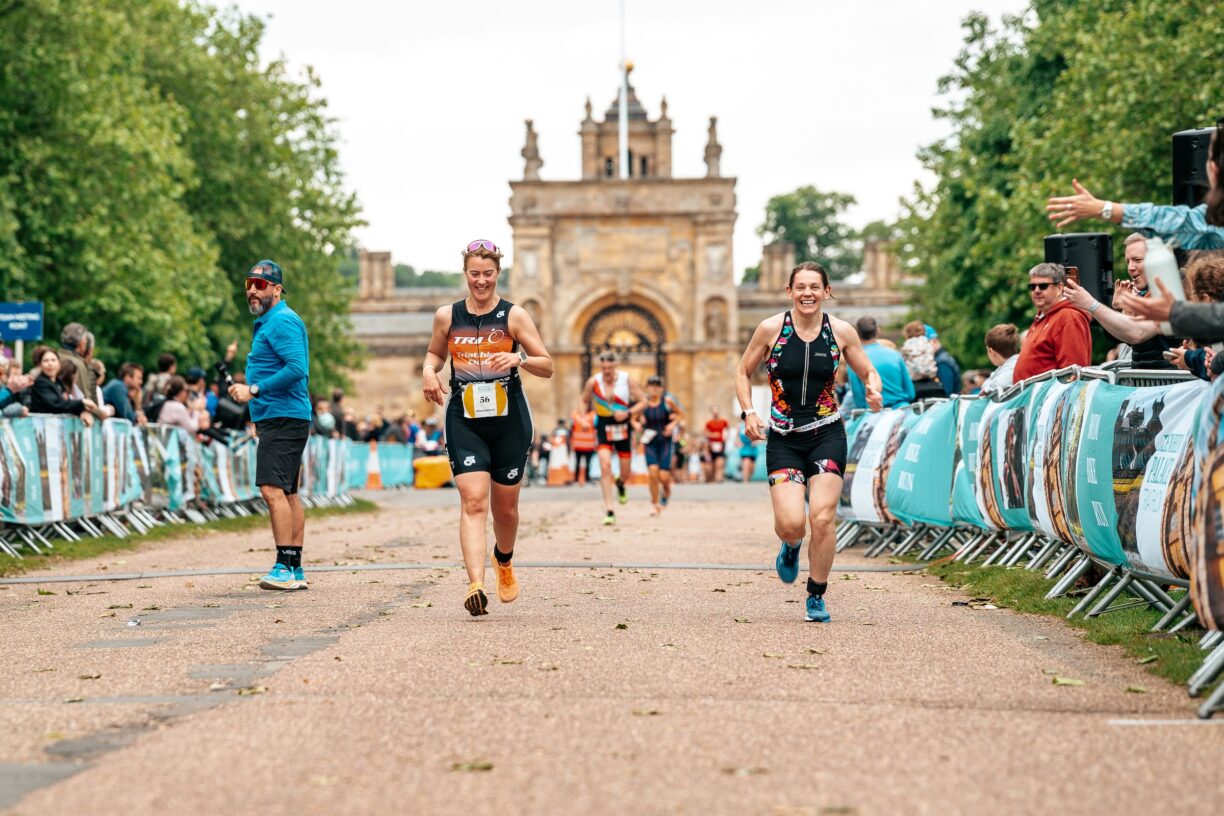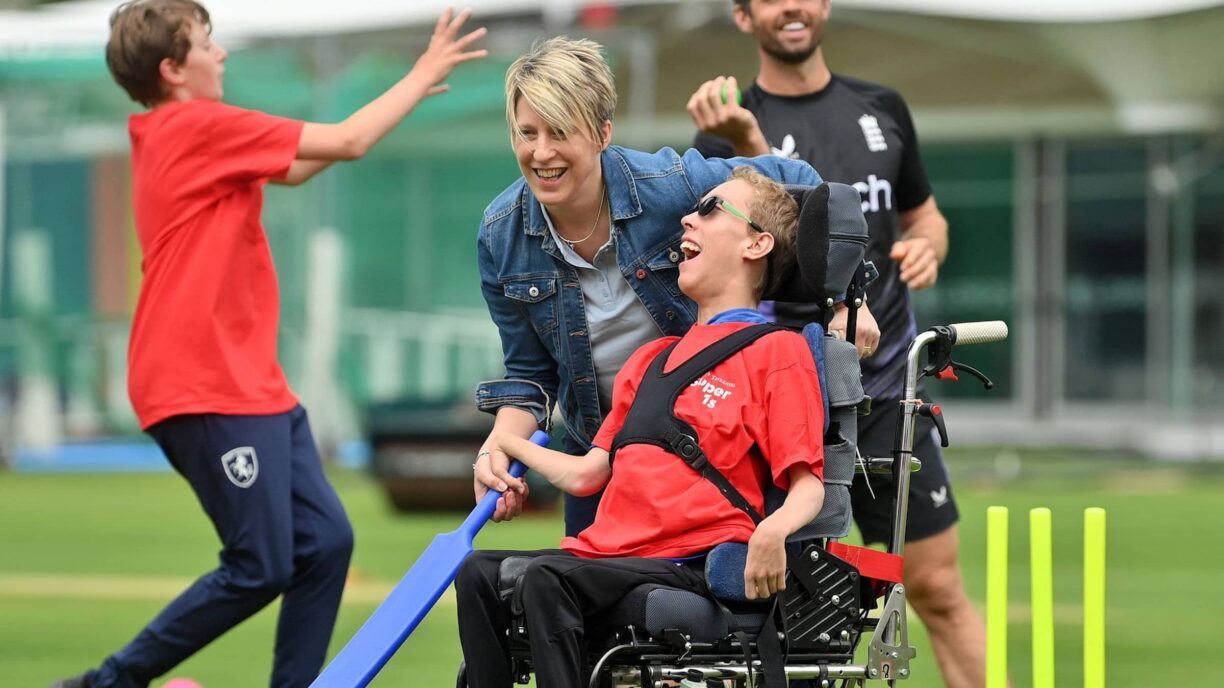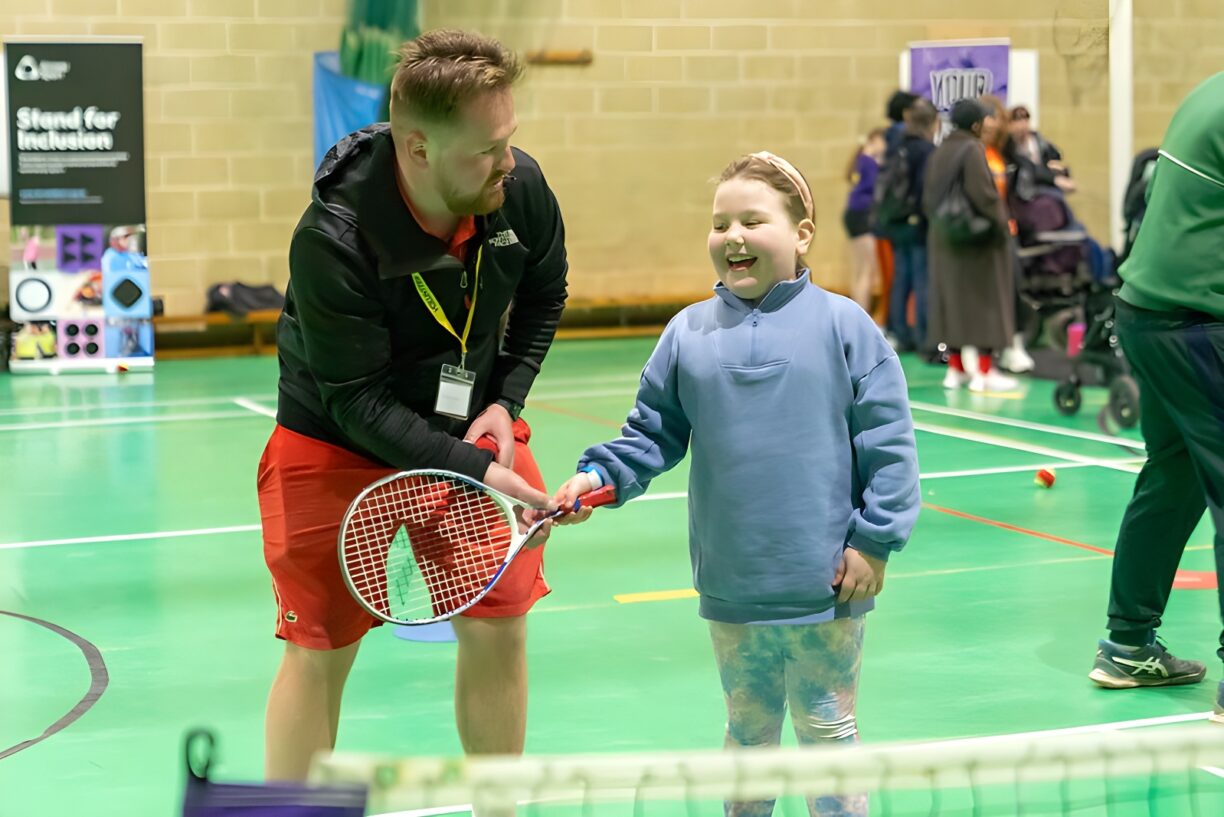Longer days and warmer weather mean summer is a great time for taking up new sports or starting ones that may have been put to the side during the winter, colder months.
Influenced by the tennis competitions during the summer months, one of the most popular sports taken up each summer is tennis. Last year, 50% more people searched for ‘tennis courts near me’ in July compared to May.
As always, with new sports comes the possibility of injury, especially if you’re not used to exercising. Bupa’s Wellbeing Index found that 21% of Brits were concerned about their physical fitness with 29% having taken up an exercise regime in the last 12 months.
As Wimbledon fever sweeps the nation, I spoke to Dr. George Bownes, Musculoskeletal Physician at Cromwell Hospital to discuss the most common tennis injuries and how to treat them:
Tennis Elbow – “Pain around the outside of the elbow is commonly known as tennis elbow, although it can occur with any sport. It usually occurs because the muscles and tendons in the forearm are being overused.
“We commonly see this in recreational players who have tried physiotherapy alone but this on its own has resolved the problem. We often find taking a wider approach to assessing this injury produces better results as does using some of our other treatment modalities such as shockwave therapy which we provide in our clinic.”
Back pain – “Back pain is common in adults and can be caused by long hours of desk-based working or from a range of sporting activity”
“There are particular types of back pain that can be caused by tennis, the most common being bone stress injuries in the lumbar spine”
“Adding in other activities around tennis such as weight training, pilates or barre to help improve core strength to support your lumbar spine will help to reduce the incidence of back pain and allow you to enjoy more time on court.”
Wrist injuries – “Are commonly seen in players’ dominant hand and can be most troublesome on the ulnar side (little finger side) of the wrist. This can especially be seen if a double-handed backhand is used as is more commonly practiced by players now.”
“We see this a lot in professional and recreational players and this is best treated by early interventions and imaging to aid rehabilitation.”
“Of all the tennis injuries not to miss ulnar-sided wrist pain is something that needs to be assessed quickly, as loss of function in your dominant hand has a wider impact on a player’s ability to perform normal everyday activities if left un investigated.”
Knee injuries – “Knee injuries are common in sports where you start, stop and change direction very quickly. Tennis can often cause different kinds of knee pain, such as tendon, ligament or medical injuries.
“To help prevent against knee problems when playing tennis, make sure you warm up your muscles properly before starting. You can also try strengthening your quads, through squats and lunges, as this can help stabilise the knee.”
If you’ve injured yourself during exercise, there are some things you can do to help reduce swelling, pain and help recovery.
The POLICE method is a great way to help early injury recovery:
Protect: protect your injury from further damage. Avoid aggravating the injury initially but it’s important to keep moving within comfort levels. Depending on the injury, some form of support or a splint may be helpful.
Optimal Loading: once your injury is starting to heal, reintroduce exercise slowly. Start to put weight on your injury and build up your range of movement. Do this gradually and be guided by what feels manageable.
Ice: place a cold compress such as a bag of ice or frozen peas, wrapped in a towel onto the painful area. Do this for around 10 minutes every couple of hours for the first two to three days.
Compression: compress the injured area using an appropriate bandage to help reduce swelling.
Elevation: elevate your injury as much as possible to help reduce swelling.
Listen to your body if you do have an injury is important. We offer same-day Doctor lead one-stop shop sports injury clinics which are helpful to patients by giving clear diagnoses and management plans for patients allowing them to recover faster from their injury and back enjoying pain-free activity in a quicker time than if an injury is left to be rested.





